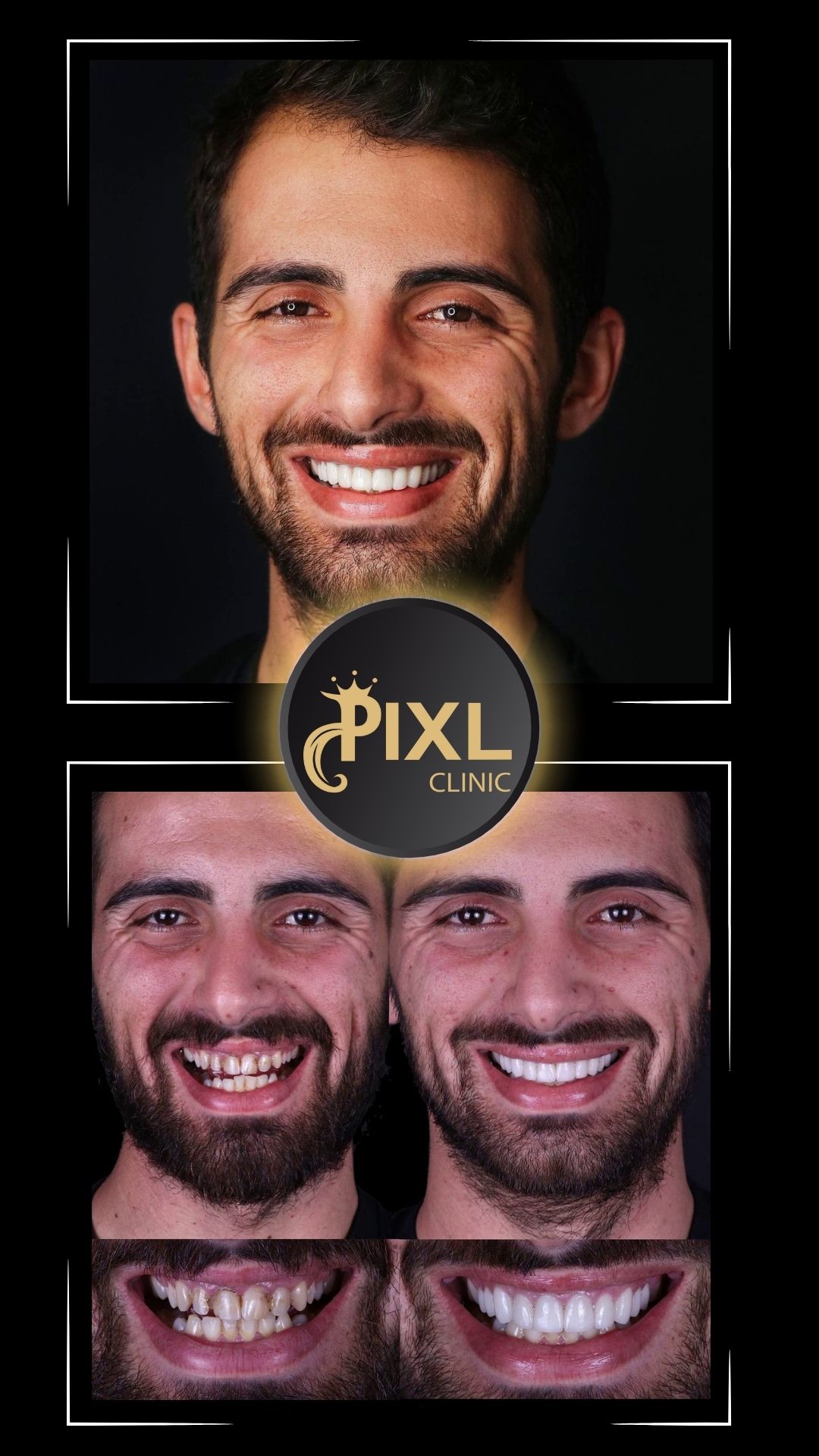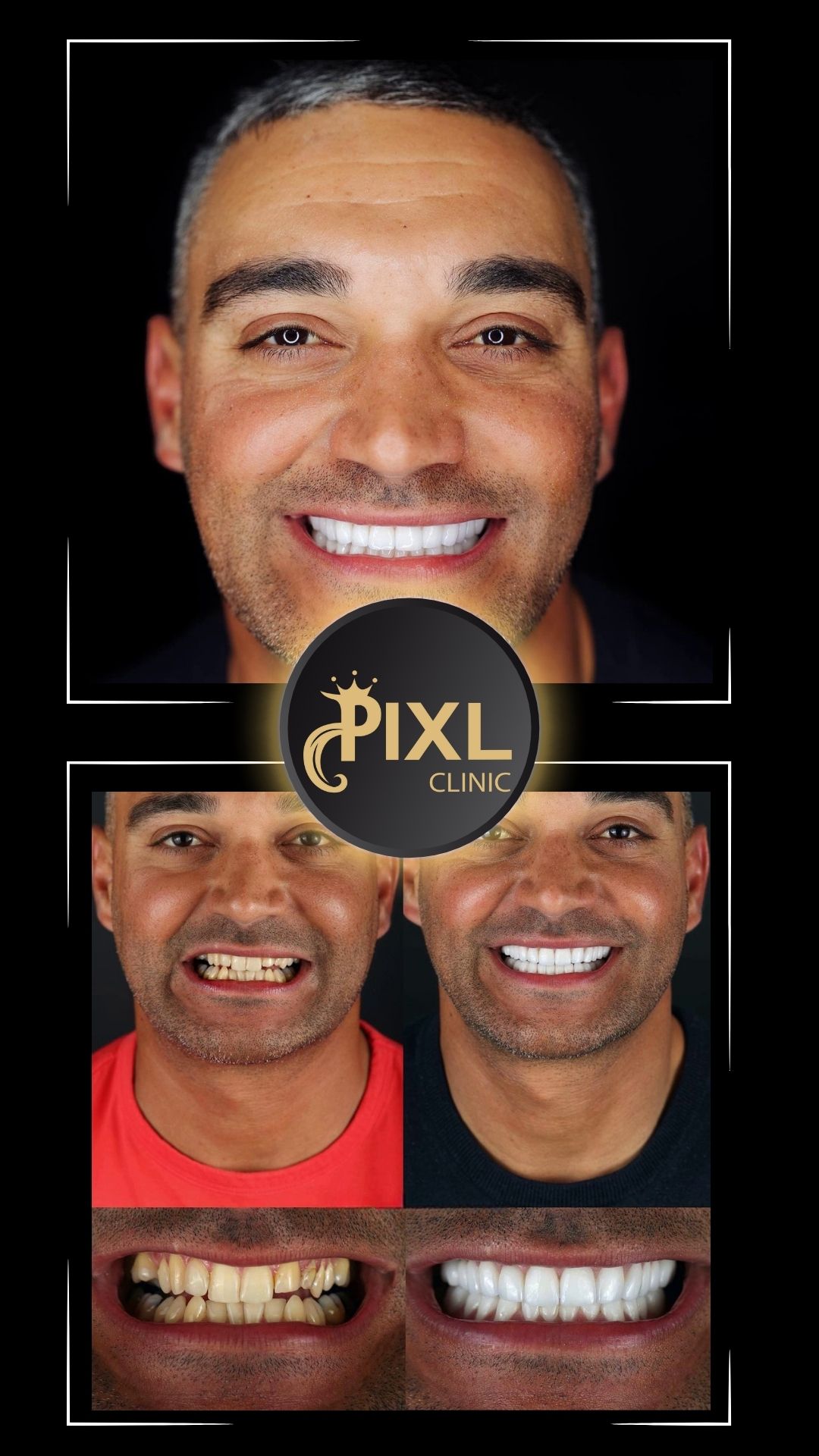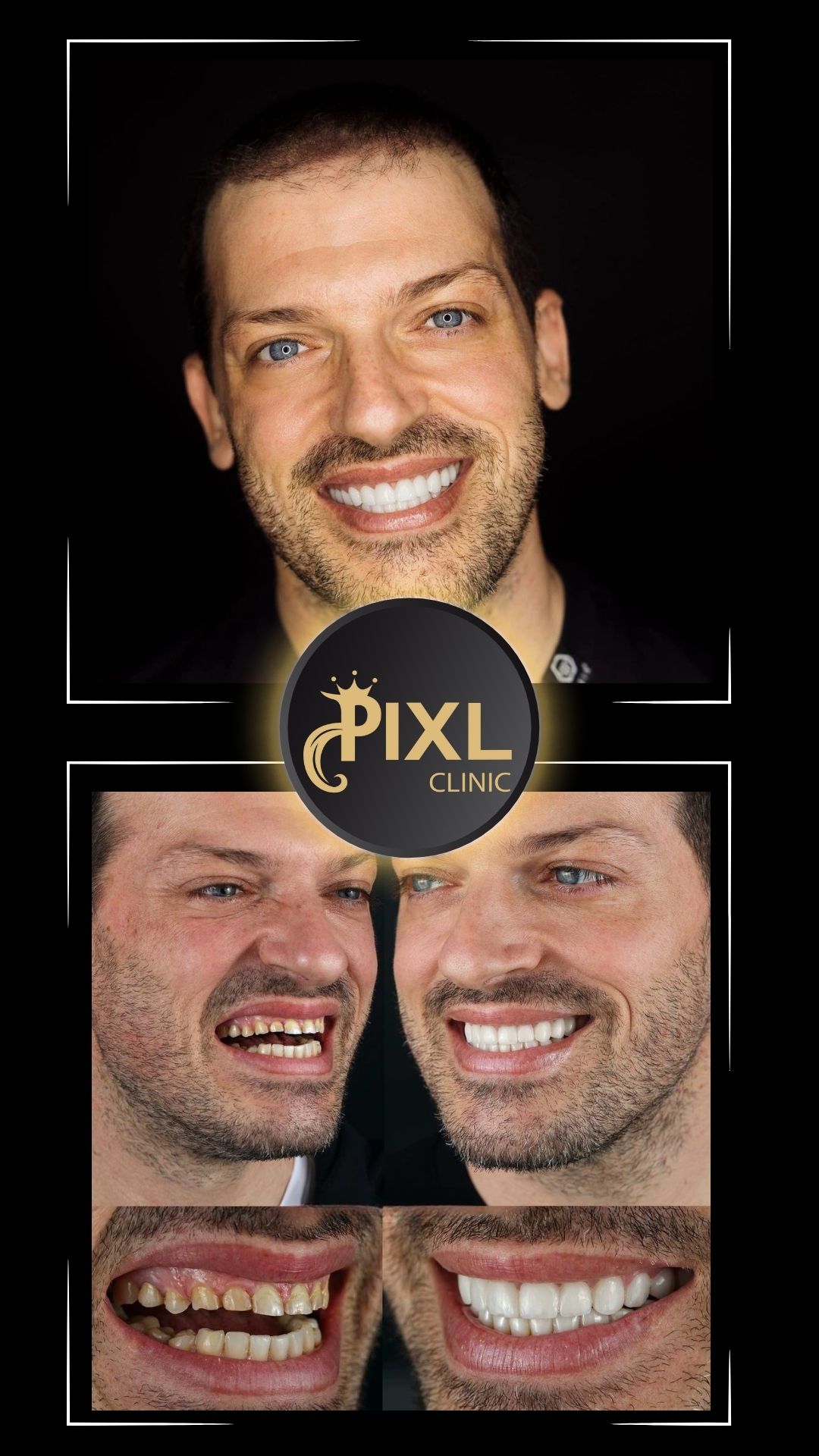How Long Can You Expect Your Dental Implants to Last?
Dental implants are a popular solution for replacing missing teeth, offering a natural look, feel, and function that closely mimics your original teeth. As a long-term investment in your oral health and overall well-being, you might wonder, “How long do dental implants actually last?” The answer depends on several factors, including your oral hygiene, lifestyle, and the quality of the dental implant itself.
What Are Dental Implants?
Dental implants consist of three main components:
- Implant Post: A titanium or zirconia screw-like post surgically inserted into the jawbone to act as a replacement root.
- Abutment: A connector that attaches the implant post to the prosthetic tooth.
- Prosthetic Tooth (Crown): The visible part of the implant, custom-designed to blend seamlessly with your natural teeth.
The materials used in dental implants are highly durable and biocompatible, making them an excellent choice for long-term tooth replacement.

How Long Do Dental Implants Typically Last?
Dental implants are designed to be a permanent solution. While the implant post itself can last a lifetime with proper care, the prosthetic tooth or crown may need replacement after 10–15 years due to normal wear and tear.
Studies show that the success rate of dental implants after 10 years is about 90–95%. With advancements in dental technology and materials, these numbers continue to improve.
Factors Influencing the Longevity of Dental Implants
- Oral Hygiene Maintaining excellent oral hygiene is crucial to prevent complications such as peri-implantitis, a form of gum disease that can lead to implant failure. Regular brushing, flossing, and professional cleanings are essential.
- Lifestyle Choices Smoking and excessive alcohol consumption can hinder the healing process and increase the risk of implant failure. Quitting smoking and adopting a healthier lifestyle can significantly extend the lifespan of your dental implants.
- Bone Density Sufficient jawbone density is necessary for the implant to fuse with the bone (a process called osseointegration). If bone loss occurs due to conditions like osteoporosis or gum disease, it can compromise the stability of the implant.
- Diet Avoiding overly hard or sticky foods can help protect the crown from damage. A balanced diet rich in calcium and vitamin D also supports overall oral health.
- Dental Expertise The skill and experience of the dentist or oral surgeon play a vital role in the success and longevity of your dental implants. Proper placement and high-quality materials ensure a better outcome.
- Medical Conditions Conditions such as diabetes, autoimmune disorders, or bruxism (teeth grinding) can affect the durability of dental implants. If you have any of these conditions, your dentist can recommend appropriate precautions.
How to Maximize the Lifespan of Dental Implants
- Maintain a Rigorous Oral Hygiene Routine Brush at least twice a day with a soft-bristle toothbrush and use non-abrasive toothpaste. Floss daily to remove plaque from hard-to-reach areas around the implant.
- Schedule Regular Dental Checkups Visit your dentist every six months for professional cleanings and exams. Your dentist can monitor the health of your implants and address potential issues early.
- Wear a Nightguard if Needed If you grind your teeth at night, a custom nightguard can protect your implant and natural teeth from excessive force.
- Adopt a Healthy Lifestyle Reduce or eliminate smoking and limit your intake of sugary foods and drinks. A healthier lifestyle not only benefits your overall well-being but also supports the longevity of your implants.
- Address Medical Conditions Work with your dentist and physician to manage any underlying health conditions that could impact your dental implants.
Signs That Your Dental Implant May Need Attention
Although dental implants are designed to last, it’s important to watch for signs of potential problems, including:
- Persistent pain or discomfort around the implant.
- Loose or wobbly feeling of the implant or crown.
- Redness, swelling, or bleeding in the gums.
- Difficulty chewing or biting.
If you experience any of these symptoms, contact your dentist immediately for an evaluation.
Conclusion
Dental implants are a durable, reliable solution for tooth replacement, with the potential to last a lifetime when properly cared for. While the prosthetic crown may require periodic replacement, the implant post is designed to remain securely in place for decades. By prioritizing oral hygiene, regular dental visits, and a healthy lifestyle, you can ensure that your investment in dental implants provides long-term benefits.
If you’re considering dental implants or have questions about their care, consult with your dentist to learn more about this transformative solution and how it can enhance your quality of life.
Dental Implants: Frequently Asked Questions (FAQ)
What Are Dental Implants?
Dental implants are artificial tooth roots made of titanium or zirconia that are surgically placed into the jawbone. They support replacement teeth (crowns), bridges, or dentures, offering a long-lasting and natural-looking solution for missing teeth.
How Long Do Dental Implants Last?
With proper care, the implant post can last a lifetime. The prosthetic tooth (crown), however, may need replacement after 10–15 years due to wear and tear.
Are Dental Implants Safe?
Yes, dental implants are considered a safe and effective treatment for tooth replacement. When performed by an experienced dental professional, they have a success rate of 90–95% over 10 years.
Who Is a Good Candidate for Dental Implants?
You may be a good candidate if:
- You have one or more missing teeth.
- Your jawbone is fully developed and has sufficient density.
- You have healthy gums and no untreated oral health issues.
- You are in good overall health, without conditions that impair healing.
How Long Does the Dental Implant Process Take?
The process can take several months, depending on your individual needs. It involves:
- Initial Consultation: Exam and treatment planning.
- Implant Placement: Surgery to insert the implant into the jawbone.
- Healing Period: 3–6 months for osseointegration (bone fusing with the implant).
- Placement of the Crown: Attaching the prosthetic tooth once healing is complete.
Is the Procedure Painful?
The procedure is performed under local anesthesia, so you won’t feel pain during the surgery. Some discomfort, swelling, or soreness may occur during recovery, but this can be managed with over-the-counter pain relievers.
How Much Do Dental Implants Cost?
The cost of dental implants varies depending on factors such as:
- Number of implants needed.
- Type of implant.
- Additional procedures (e.g., bone grafts or sinus lifts). Consult with your dentist for an accurate estimate tailored to your situation.
What Are the Benefits of Dental Implants?
- Natural appearance and feel.
- Long-lasting and durable.
- Improved chewing and speaking.
- Prevents bone loss in the jaw.
- Preserves adjacent teeth by eliminating the need for bridges.
Are There Risks Associated with Dental Implants?
Like any surgical procedure, dental implants carry some risks, such as infection, implant failure, or nerve damage. These risks are rare and can be minimized by choosing an experienced dental professional and following aftercare instructions.
Do Dental Implants Require Special Care?
Dental implants require the same care as natural teeth:
- Brush twice a day.
- Floss daily.
- Use an antibacterial mouthwash if recommended.
- Visit your dentist for regular checkups and cleanings.
What Happens If I Don’t Have Enough Bone for an Implant?
If you lack sufficient jawbone density, your dentist may recommend a bone graft or sinus lift to build up the bone. These procedures create a stable foundation for the implant.
Can I Get Dental Implants If I Smoke?
Smoking can increase the risk of implant failure by impairing healing and promoting gum disease. Quitting smoking is strongly recommended before and after getting dental implants.
How Are Dental Implants Different from Dentures or Bridges?
- Dental Implants: Permanent, anchored in the jawbone, and do not affect adjacent teeth.
- Dentures: Removable, may require adhesives, and can shift during eating or speaking.
- Bridges: Fixed, but rely on adjacent teeth for support, which may weaken them over time.
Are Dental Implants Covered by Insurance?
Many insurance plans do not fully cover dental implants, but some may cover parts of the procedure, such as crowns or extractions. Check with your provider for details.
What Should I Expect During Recovery?
- Mild swelling, bruising, or discomfort for a few days after surgery.
- A soft food diet is recommended during the healing period.
- Full recovery and osseointegration take 3–6 months.
Can Dental Implants Replace Multiple Teeth?
Yes, dental implants can replace multiple teeth using:
- Single implants with individual crowns.
- Implant-supported bridges.
- Implant-supported dentures for an entire arch.
What Happens If a Dental Implant Fails?
Although rare, implant failure can occur due to infection, insufficient bone support, or excessive force. In such cases, the failed implant is removed, and your dentist can discuss replacement options.
Can I Be Allergic to Dental Implants?
Allergic reactions to titanium implants are extremely rare. If you suspect an allergy, your dentist may recommend alternative materials such as zirconia.
Do Dental Implants Look Natural?
Yes, dental implants are custom-made to match the color, shape, and size of your natural teeth, providing a seamless and natural appearance.
How Do I Get Started?
Schedule a consultation with a qualified dentist or oral surgeon to determine if dental implants are right for you. They will evaluate your oral health, discuss your goals, and create a personalized treatment plan.
































